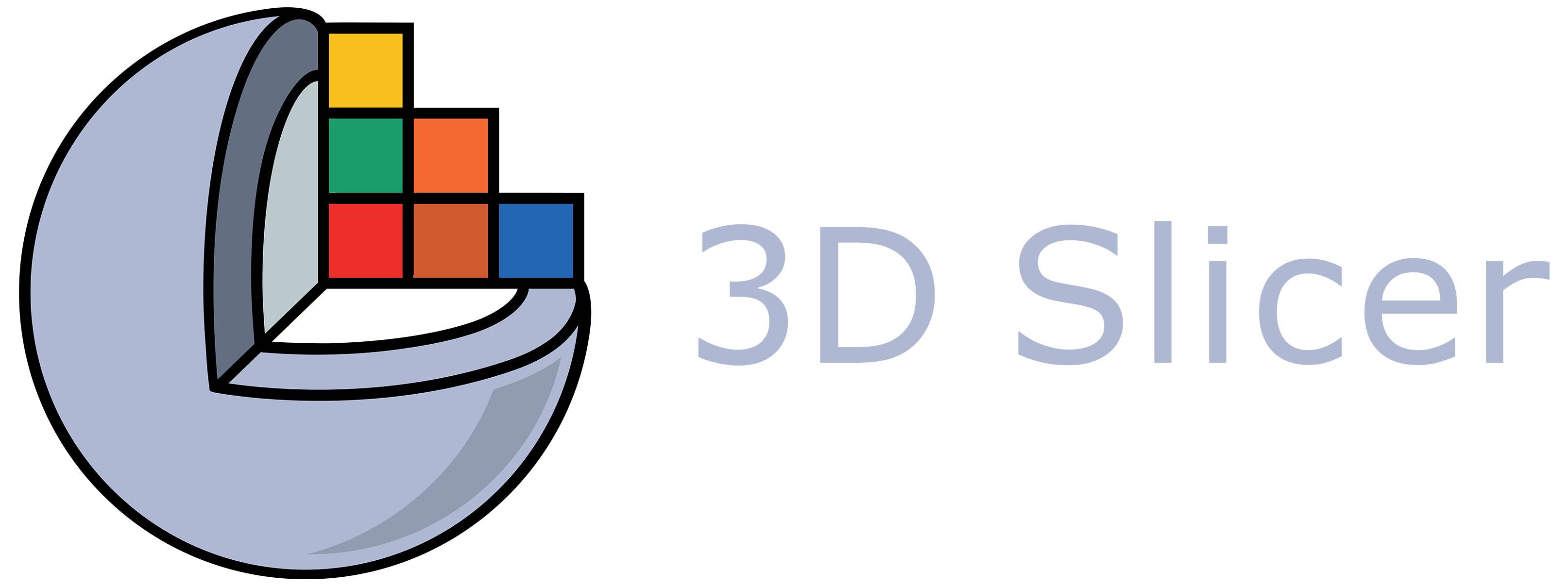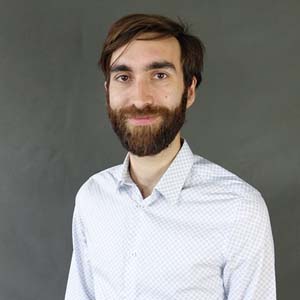Slicer for developers Training
In this training, we’ll explore the different ways 3D Slicer can be efficiently leveraged for medical imaging and processing.

Objectives
The goal of this training is to give developers a good understanding of the core concepts and tools of Slicer that are needed to start developing custom solutions and extend Slicer capabilities.
Prerequisites
- Being familiar with the user interface of 3D Slicer (3D Slicer user training)
- Basic Python knowledge
Program
- Slicer Overview
- Customization approaches
- Extensions
- Slicelet/Guidelet
- Slicer custom application
- Slicer architecture
- MRML scene
- Modules (CLI, Loadable, Scripted)
- Developer environment
- How to build and debug
- Data processing
- How to manipulate data (volumes, models, markups)
- Segmentation
- How to interact with Slicer segmentation tools ?
- Segment editor
- Perform a segmentation task
- Export segments to models or labelmaps
- Visualisation
- 2D and 3D views
- Volume Rendering
- Layout Ul palette
- Qt GUI
- Appearance (QSS, QStyle, QPalette)
- VTK widgets
- Python wrapping
- Scene save and load
- Publishing extension
- Slicer Custom Application
- Getting started, managing dependencies
- Slicer Jupyter and web
- Control slicer from a jupyter notebook or a web API
- Resources and documentation
This training course will be taught in English. Course notes are also in English.
Participants are asked to bring a laptop computer for this training session.
The instructor will communicate all the specifications required to each participants before the training session.
Lunch is included.
Kitware SAS is registered as a training center in France
Practical Information
Duration: 1 day
Next training Date: April 2nd, 2026
Time zone: Paris (CET / GMT+1h)
Schedule: 9am to 5pm
Location: Online
Price: 830€
Company Training
All our training can be offered on site with a custom agenda. Contact us for more information.
A propos du formateur

Roman joined Kitware’s European offices in Lyon as an R&D engineer in April 2022.
Roman has a computer science engineering degree from Telecom ParisTech (Paris), during which he specialized in image processing, computer vision and medical imaging.
Prior to joining Kitware, Roman worked at the IADI laboratory in Nancy, his main areas of focus were on the reconstruction and advanced image processing in breast diffusion MRI and the automatic classification of tumors by texture analysis in MRI and CT Scan.
Thanks to his academic and professional background, Roman mainly works on medical image processing projects.
